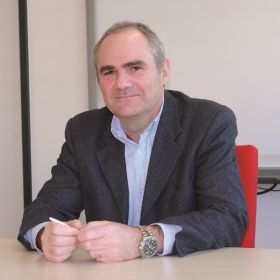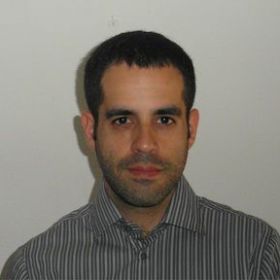Course Overview
If you are looking for a program that keeps you up with new innovative solutions for the power network of the future, then this course is for you. Learn about the challenges in and solutions for frequency control, voltage control, simulations, and monitoring.
Learning Objectives
Understand and define the challenges in future power systems
Understand how new control techniques can be used for addressing the challenges
Understand how real time simulations help in testing new solutions for future power systems
Understand how monitoring systems enable key functions in future power systems
Do you want to know more about the ASSET project and get engaged to it? Sign in the newsletter and community on energytransition.academy. Be part of us.
Use of content and licenses
CC BY SA ND
Course Structure
- Lesson 1 - Today's and Tomorrow's Networks
- Lesson 2 - New Voltage Control Techniques
- Lesson 3 - Monitoring of Power Systems
- Lesson 4 - Real-Time Simulations
- Lesson 5 - Cybersecurity for Critical Infrastructures
- Lesson 6 - Multi-Terminal DC grids
Teacher
Antonello Monti
Prof. Antonello Monti is the director of the Institute for Automation of Complex Power Systems at RWTH Aachen University. He coordinates a research group of about 40 scientists focusing on Power Systems Dynamics, Grid Automation and ICT for Energy. Prof. Monti’s group has been involved in several FP7 and H2020 projects. He has been Coordinator of the EU FP7 project COOPERaTE and Technical Manager of the EU FP7 project FINESCE.

Coauthor
Ferdinanda Ponci
Some information on the "professional-me" can be found here, on the RWTH Aachen University website:
https://www.acs.eonerc.rwth-aachen.de/cms/E-ON-ERC-ACS/Das-Institut/Mitarbeiter/Lehrstuhl-Leitung/~fczm/Ponci-Ferdinanda/?lidx=1
Tutor
Marco Pau
Marco Pau is a Postdoctoral Research Associate at the Institute for Automation of Complex Power Systems at RWTH Aachen University. At the institute, he is leading the research team for Distribution Grid Monitoring and Automation. His research work includes State Estimation, Measurement techniques, the Uncertainty propagation theory, Phasor Measurement Units, and synchrophasor algorithms.




